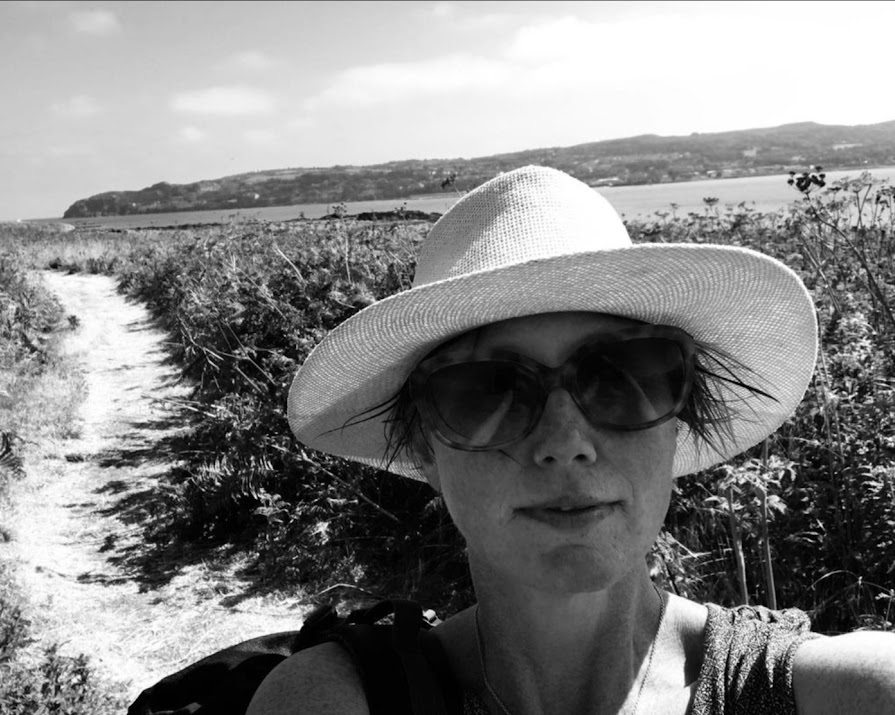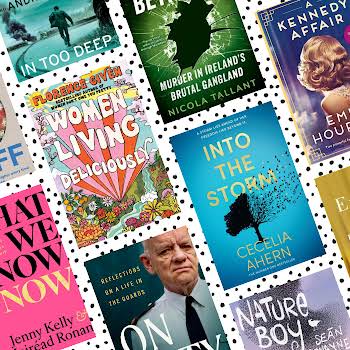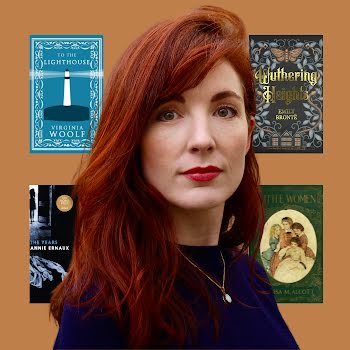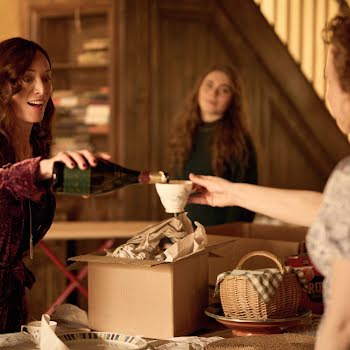
By Amanda Cassidy
11th Aug 2023
11th Aug 2023
Where are all the menopausal women? I suppose that’s the question that prompted the creation of Agatha Doyle, the heroine of Ciara Geraghty's latest novel, Queen Bee. The author spoke to Amanda Cassidy about why she wanted to spot someone in fiction that she could relate to.
“It will surprise nobody to hear that I am an avid reader,” explains bestselling Irish novelist Ciara Geraghty who lives in Dublin with her husband and grown-up children. “All writers are, to greater or lesser extents. I’m the former. The greater extent kind of reader. One of my favourite things about reading is spotting myself on the page.
My look, maybe. Or my turn of phrase. My train of thought. I nod and I smile and I say, ‘There I am, now.’ It makes me feel seen. Relevant. Understood.
Modelling
As a menopausal woman, I searched high up and low down but I could not see myself in any of the fiction I was reading. I couldn’t see any menopausal women. Where were we?
There were young women, bursting with vitality and oestrogen in great clothes, riddled with goals. There were old women, lots of them mellow with memory or sodden with sentimentality or brittle with bitterness.
And yes, there were middle-aged women but none of them were beleaguered with menopause. Or if they were, they never said.
That’s when Agatha Doyle flung herself through my kitchen door, nearly taking the thing off its hinges. I was making tea, rooting through the cupboard for something sweet no doubt, when all of a sudden, there she was, standing in front of me with her arms folded and her hair all over the place and her face rigid with impatience. ‘Well?’ she snapped at me. ’What the f*ck are you waiting for?
It seemed I had been waiting for Agatha Doyle. I made my tea, found a lone Raspberry Cream, retreated to my office in my attic and started writing Queen Bee with the kind of vim and vigour Agatha insisted on from the get-go and throughout the process.
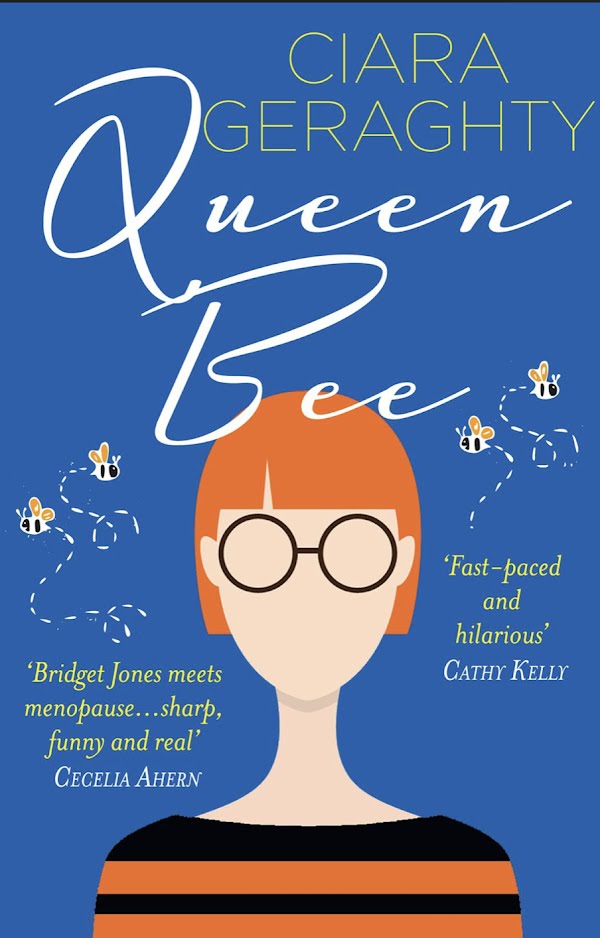
Flow
Agatha will probably take exception to the fact that I found her an easy write. She spilled out of me like sweat out of pores during a particularly intense hot flush. Her voice was in my head from the beginning, as loud and as clear as a foghorn. She had things to say and she was impatient to get them said.
I learned about menopause. How it’s not the end of the world I had feared. How it’s all there for the taking.
I was grateful that I had been taught how to touch type (my personal best is 70 words a minute – that’s something I could thank the patriarchy for, if I was of a mind to). The format of the book was, on the other hand, a tricky beast. It was the first time I’d attempted an epistolary novel and while I had no problem writing page after page of Agatha’s diary, it was more difficult to tell the story of Agatha’s family in this way.
But it was important to me to tell that story too. I didn’t want the novel to be just about menopause. There were the layers of Agatha’s life to consider. So I gave her a job (historical fiction author) and a family (a husband, two technically grown-up sons, a recently widowed father), friends (well, one really).
A best friend who left for the bright lights of LA, and a next-door neighbour, Melissa, who drives Agatha crazy with her incessant housework and her constant references to her sexist husband, ‘poor Dermot’.
To ratchet up the tension, I gave Agatha a severe case of writer’s block. Oh, and a deadline for her next novel, a mere ten weeks away. Nothing like a ticking clock to drive a narrative.
I gave her dad a salsa-dancing girlfriend, I put pressure on her husband’s café, The Full Shilling. With abandon, I planted seeds of doubt in Agatha’s mind about the sturdiness of her long-term relationship with the love of her life, Luke.
I returned her two sons to the family home, one with a heart smashed into a thousand tiny pieces, the other, a college dropout-turned-beekeeper.
It’s enough to send any woman – menopausal or otherwise – over the edge. Which is what happens to Agatha when she is spoken over and ignored once too often at a literary festival where she is on a panel with two men writers. Agatha jumps up, reefs off her shoes – they’re too tight, her heels are bleeding – and holds them aloft as she delivers a diatribe on many things which becomes a diatribe on one thing: the menopause.
More specifically, a diatribe on the difficulties of being a menopausal woman in a world that couldn’t give a toss. Agatha goes viral and becomes the pin-up girl for menopausal women everywhere, albeit a reluctant one.
Things like that don’t tend to happen in real life. Is this why I love being a fiction writer? It is certainly one of the reasons. Another is how helpless a writer can be in the face of a character like Agatha Doyle. She exploded into my life, frog-marched me up the stairs to my desk and stood over my shoulder until I was done.
She took ages to leave. She didn’t go until long after the book was printed out and sticky-taped together. Some characters are like that. In my experience, these are the ones you have learned something from. I learned about menopause. How it’s not the end of the world I had feared. How it’s all there for the taking.
Some days, I can still hear her voice in my head. I don’t begrudge her the space. I wouldn’t dare.”
Queen Bee (HarperFiction) is available in bookshops now. Imagery courtesy of Ciara Geraghty.











